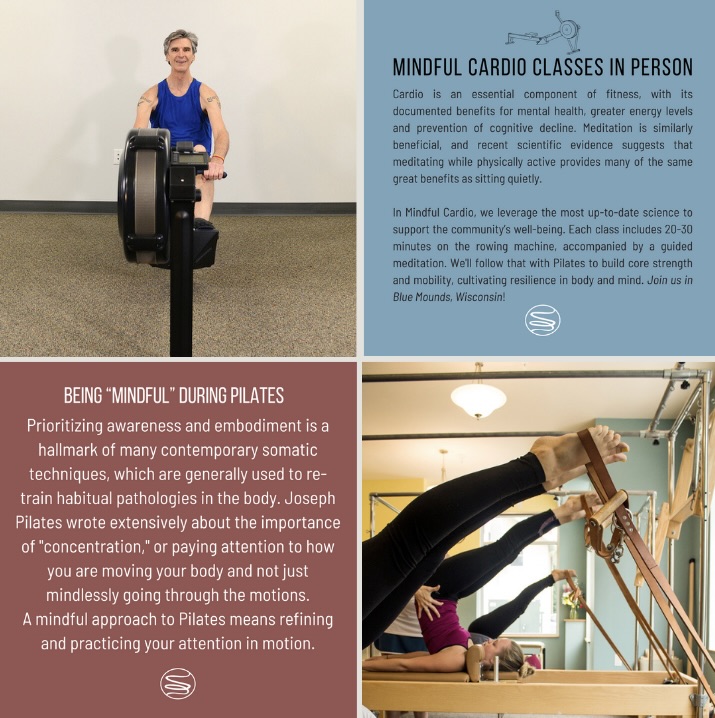Stuff I Learned - Week #11
 |
| Notice how the elbows and knees hyperextend? The capacity to hyperextend is a key trait of joint laxity. |
Firstly, there's the not insignificant matter of earning an MS degree. Some academic programs consider the Master's degree an essential prerequisite for admission to the Ph.D program, while other academic programs award the Master's degree more or less as a consolation prize. (i.e. - if the pursuit of the Ph.D goes fully awry, you're ushered out the door with an MS)
The Kinesiology Department here at the University of Wisconsin is in the former category. While my eye-on-the-prize is the Ph.D, I must satisfactorily complete the coursework and thesis for the MS before I can get all fancy-pants and pursue a Ph.D.
 |
| People with joint laxity often have tight muscles overlaying their loose joints. |
While the MS is the immediate-term goal, I'm consistently reminded by my faculty mentors that the dissertation's groundwork is to be put into place right now - this very first semester in school!
And one of the first steps in putting this groundwork into place is to critically review the existing literature on the subject-of-interest. So (drumroll) what is shaping up as this subject-of-interest?
Joint laxity
I'm more interested than ever in the trait of joint laxity, and the anxiety, clumsiness, fatigue, pain, etc. that are often associated with loose joints. The more that I research joint laxity, the more that I find myself drawn into the subject!
Joint laxity and its correlated conditions will be the subject of a review paper that I plan to coauthor early in 2017. Because a fuller outline of this subject is forthcoming, I'm going to just touch on some of joint laxity's salient points in this blog entry.
- Joint laxity is a heritable trait, which is to say that you don't acquire joint laxity. Doing tons of yoga won't give you joint laxity, though it's virtually impossible to do fancy/advanced yoga poses unless joint laxity is already present.
- Joint laxity correlates to an increased incidence of many conditions such as osteoarthritis, chronic pain, chronic fatigue and anxiety (to name a few). I'm particularly interested in studying the anxiety that correlates with joint laxity.
- People with joint laxity often have deficits in proprioception. Put more simply, people with loose joints often have a harder time feeling their body's place in space than people with tighter joints. Emerging evidence is suggesting that this proprioceptive awareness can be trained.
- And one of my $64,000 questions: can training the proprioceptive awareness reduce the pain, fatigue and anxiety that often accompanies joint laxity?
Over the past two months I've read numerous scientific articles relating to joint laxity, and I am happy to report that a diffuse research interest is focusing into an intended direction. By the end of this semester I am hoping to complete a workable outline for the review paper. This outline will then form the scaffolding for the first academic paper of my return-to-school era!



Comments
how you're defining "anxiety"as it relates to joint laxity. Anxiety can also be very unconscious and not something a=one is even aware of on the surface. I look forward to your investigatory skills diving deep into the nuances of this relationship!
-Jenny Lee
I'll keep you posted as I learn more!
Thanks
Tattvaa Yogashala